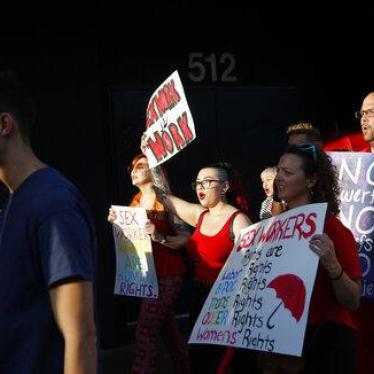“I Learned How to Say No”
Labor Abuses & Sexual Exploitation in Colombian Webcam Studios

Sex workers face physical, psychological, sexual, economic, and other forms of violence from a wide range of perpetrators, including police, clients, health care providers, government bodies, and others. Human Rights Watch research has repeatedly found that the criminalization of sex work – including partial criminalization – exacerbates, or is one of the underlying causes, of much of this violence. Human Rights Watch encourages all governments to work directly with sex workers to enact data-driven, rights-based policies, including the full decriminalization of consensual adult sex work.
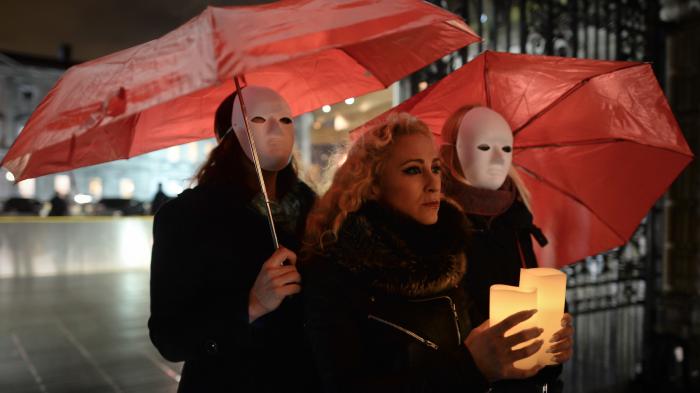
Labor Abuses & Sexual Exploitation in Colombian Webcam Studios

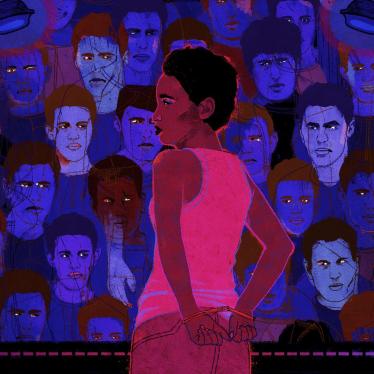
Target the Homeless, Drug Users, Sex Workers in Athens
Discrimination against Sex Workers, Sexual and Gender Minorities, and People Who Use Drugs in Tanzania
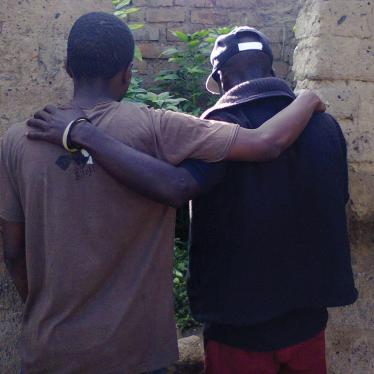
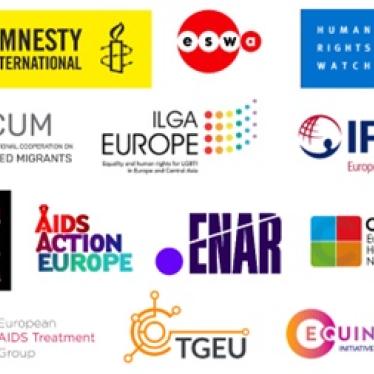
Across Europe, Criminalization is Linked to Increases in Sexual Assault, Harassment, Attacks
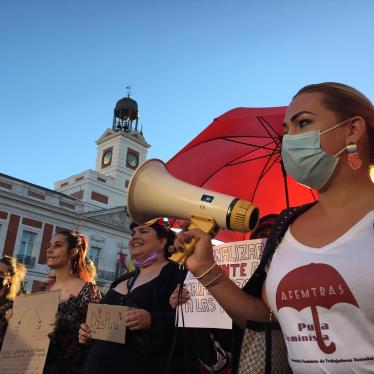
Decades of Activism by Sex Workers Has Highlighted Dangers of Criminalization
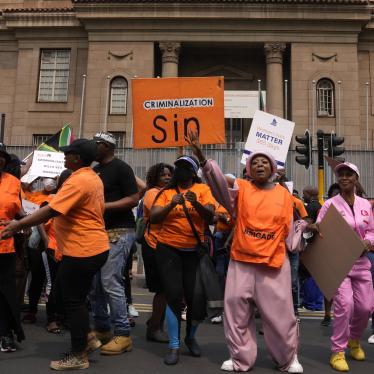
Government Should Protect Sex Workers, Enhance HIV/AIDs Education
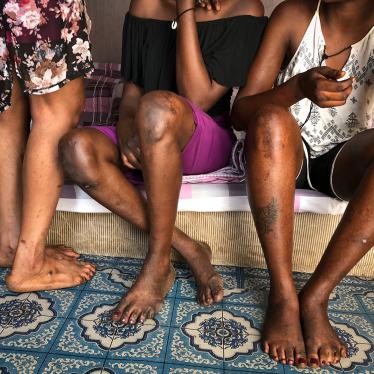
Governments Should Include Sex Workers in Public Health and Financial Support Responses
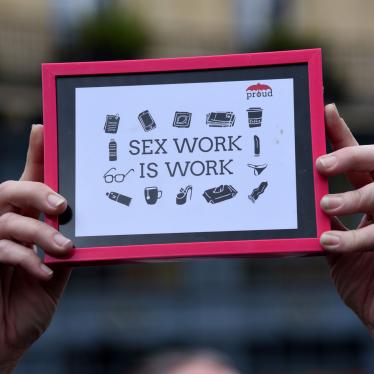
Consultation Ignores Safest Option for Workers — Full Decriminalization
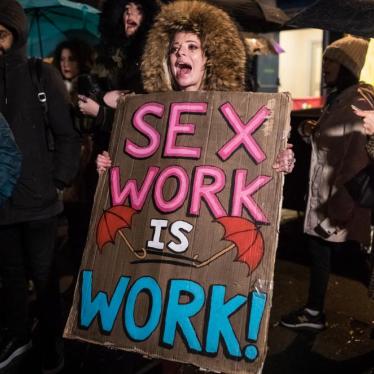
Criminalization Makes a Bad Situation Worse
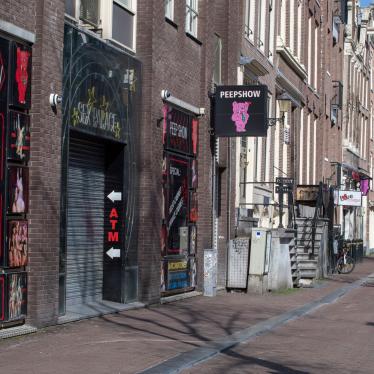
Decriminalization Could Help End Abuses Against Sex Workers in the US
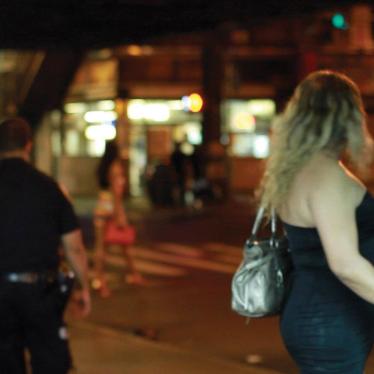
Human Rights Watch, Partners to Appeal 2017 ‘FOSTA’ Law
